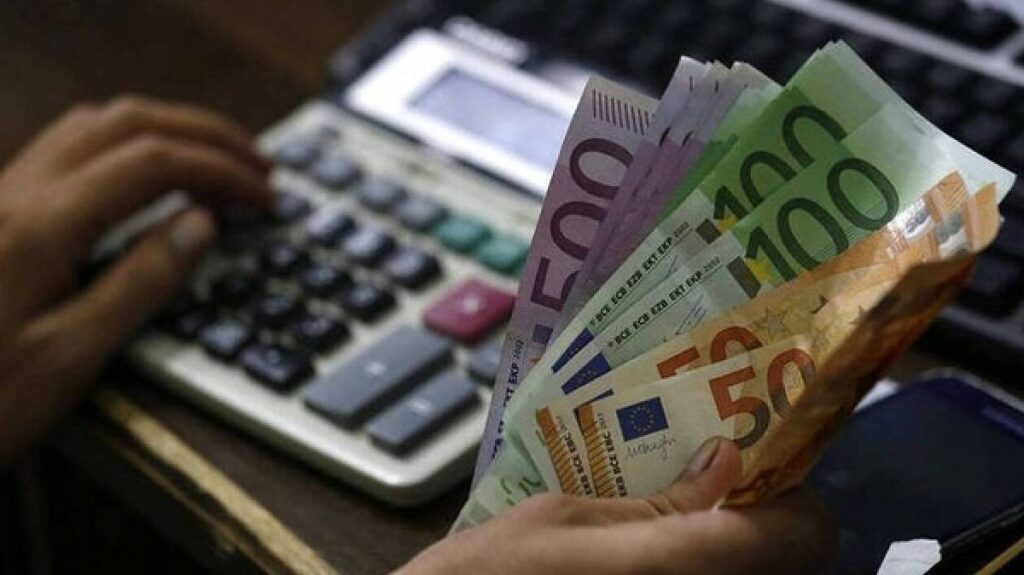
Microfinance of up to €25,000 will be granted to entrepreneurs, freelancers and natural persons, according to a draft law of the Ministry of Finance which has been put out to public consultation. The bill regulates, of course, the regulatory framework for the beneficiaries of microfinance, but also for the entities, other than banks, that will be allowed to grant it. However, it does not answer the essential question of who will actually proceed with the provision of these micro-credits, especially as there is no provision for the existence of collateral – although the institution granting them may require the existence of a guarantor – and given the situation in which the financial system still finds itself.
The most likely "feeder account" of microcredit entities will probably be the Public Investment Program, as the draft law under consultation provides for the co-financing of such programs. Specifically, Article 30 provides that by decision of the Ministers of Finance, Economy and the Minister responsible for each case, microfinance programmes may be set up with co-investment of resources of microfinance institutions and the national or co-financed part of the MFF .
Microfinance is divided into two categories, business and personal. Business may have the following characteristics:
- All forms of credit up to 25,000 euros granted either to cover investment needs or as working capital.
- Leasing products up to 25,000 euros for the acquisition of equipment.
- Stand-alone guarantees of up to €25,000, which cannot be used to obtain loans from other financial institutions.
Beneficiaries of business microfinance may be micro-enterprises, natural persons setting up micro-enterprises, self-employed or self-employed persons and social and solidarity-based economy bodies.
Personal microfinance may be granted for the following reasons:
- Educational purposes up to the limit of 10,000 euros.
- Strengthening public policies or aiming at the social and economic integration of vulnerable social groups, up to a limit of €25,000 relating in particular to tackling unemployment and suspending or reducing working time for reasons beyond their own volition.
Beneficiaries of personal microcredit are natural persons to cover expenses directly or indirectly related to their education or retraining or apprenticeship relationship, beneficiaries of public policy implementation programs and vulnerable social groups. The last two cases of beneficiaries will be precisely defined by a joint decision of the ministers of labour, Finance and, where appropriate, the ministers responsible.
The €25,000 limit also applies if someone receives funding from more than one institution (i.e. cumulatively these various credits cannot exceed €25,000). The minimum repayment term of the microfinance is 12 months and the maximum is 10 years.




